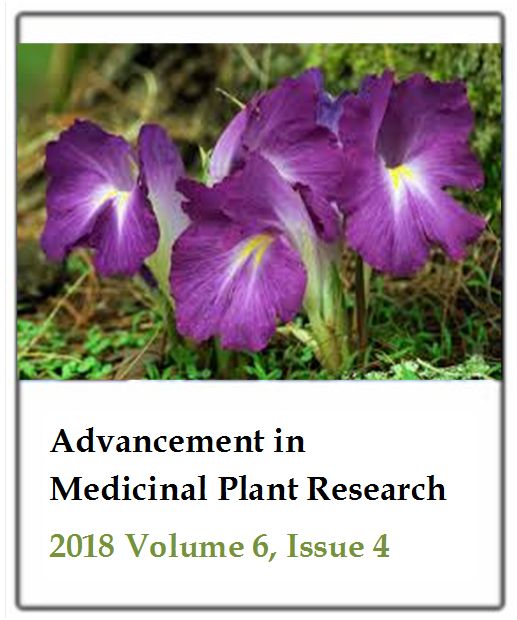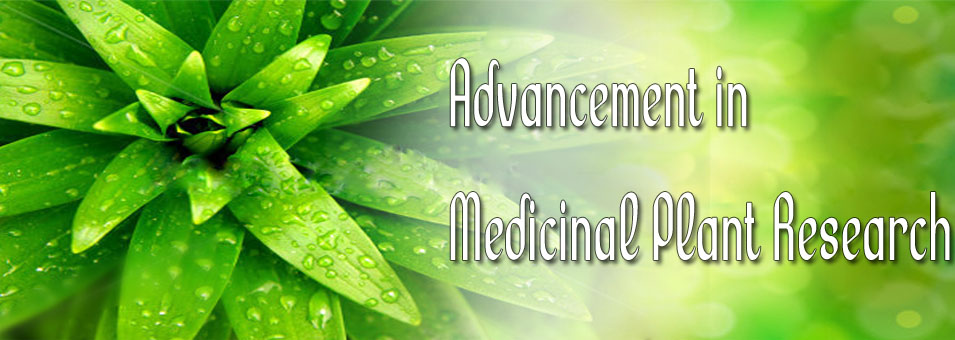Unripe pear fruit extract induces the transcriptional activity of sirtuin-related genes to extend the chronological lifespan of Saccharomyces cerevisiae
Wakae Murata, Marina Hasegawa, Seiru Sakasegawa, Ken-ichi Fujita, Toshio Tanaka and Akira OgitaAdvancement in Medicinal Plant Research
Published: November 13 2018
Volume 6, Issue 4
Pages 64-69
DOI: https://doi.org/10.30918/AMPR.64.18.016
Abstract
Calorie restriction is the main intervention known to effectively extend the lifespan through anti-aging effects in eukaryotic cells. However, the identification of nutrients with benefits similar to those of calorie restriction for the development of anti-aging agents has been gaining increasing research interest. To this end, in the present study, we evaluated the potential anti-aging effects of unripe pear fruit extract by employing a chronological lifespan assay in the yeast Saccharomyces cerevisiae. Exposure of unripe pear fruit extract at 1.0% (v/v) significantly prolonged the chronological lifespan of the yeast compared with that of untreated yeast cells (P < 0.05). Furthermore, the underlying mechanism was explored through the analysis of the expression of silent information regulator genes by reverse transcription-polymerase chain reaction, which demonstrated that the expression levels of sirtuin family genes-known regulators of the aging process-were significantly increased upon treatment with unripe pear fruit extract (P < 0.05). These results suggest that unripe pear fruit extract might contribute to anti-aging effects in mammalian cells in vivo, supporting further exploration of the benefits of a human homolog corresponding to the aging regulator gene of yeast.
Keywords: Unripe pear fruit extract, chronological lifespan, sirtuin, Saccharomyces cerevisiae.
Full Text PDFThis article is published under the terms of the Creative Commons Attribution License 4.0

